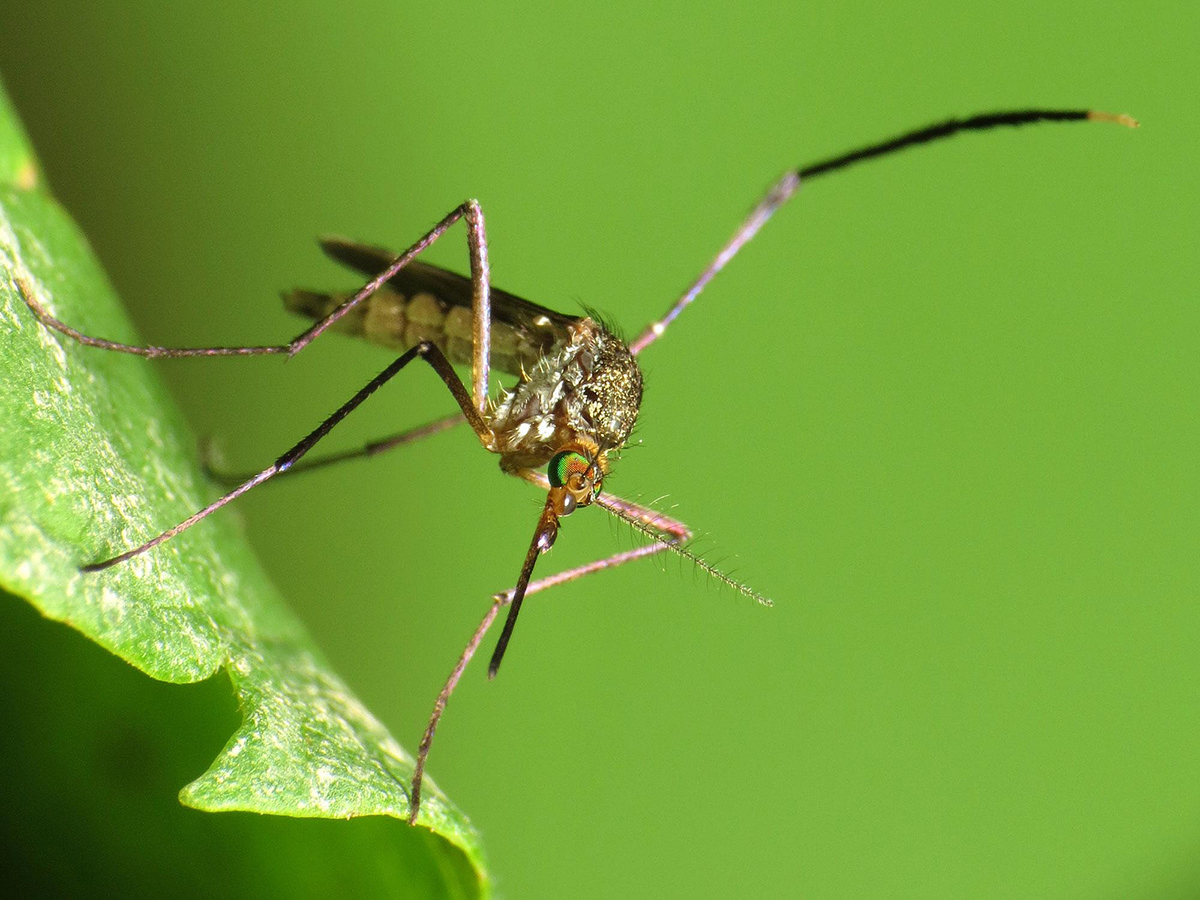By Kerry Steinhofer, Copy Editor
As the Zika virus continues to spread throughout the Americas, the World Health Organization (WHO) declared a “public health emergency of international concern” on Monday.
Health experts suspect the virus is linked to the rise in microcephaly cases throughout North and South America. Microcephaly, a condition in which babies are born with small heads, can lead to multiple developmental issues including seizures, intellectual disabilities, issues with movement and balance, difficulty swallowing, hearing loss and vision problems. The number of reported cases of microcephaly is sky-rocketing across the Americas. There have been 4,000 cases over the past few months (270 cases during the month of January alone) compared to a national total of 147 cases reported in 2014.
According to Columbia’s national health institute, there are approximately 20,297 confirmed cases of the Zika virus; 2,100 of them are pregnant women.
Some believe Zika may also be linked to Guillain-Barre syndrome, which causes the immune system to attack the peripheral nervous system, often leading to paralysis.
The Centers for Disease Control and Prevention have already detected the Zika virus in 28 countries. There is currently no vaccine.
In May 2015, the Pan American Health Organization (PAHO) confirmed the first Zika virus infection in Brazil. PAHO said last week that the Americas could see as many as 3 to 4 million infections a year.
The Zika virus is spread through bites from the Aedes mosquito, which is also known to carry other viruses including dengue fever, chikungunya virus and the West Nile virus. IN order to become a carrier for the disease, a mosquito must bite someone with the virus. The side effects of the Zika virus itself are relatively minor: they include fever, rash, joint pain and conjunctivitis.
Since there is no known cure for the Zika virus, some experts are suggesting health officials take action to eliminate the Aedes mosquito population. Others are working to develop a vaccine.
The CDC has issued travel warnings advising pregnant women to avoid visiting the infected countries. Some nations are also advising women in infected countries to avoid pregnancy for the next two years.
According to the BBC, officials in Brazil will be fumigating venues for the 2016 Olympics on a “case-by-case” basis but will be primarily focusing on mosquito breeding grounds.
“The Olympics will be a perfect dissemination vehicle for Zika, as people from all over the world will converge in Brazil and then return to their home countries, which might also harbor Aedes mosquitoes,” says a senior associate at the Center for Health Security at the University of Pittsburgh Medical Center Amesh Adalja.
In contrast, Brazilian health officials told the BBC that traveling to Rio would only be a threat for pregnant women.
U.S. health officials announced that as of last week, there were no Zika outbreaks in the continental United States; however, 31 Americans living in 11 states have been diagnosed with the infection after traveling abroad. The U.S. has seen sporadic cases of the virus in travelers in the past, which never caused outbreaks. According to the CDC, there were 14 returning travelers diagnosed with Zika from 2007 to 2014.
The director of the National Institute of Allergy and Infectious Diseases Anthony Fauci also told USA Today, “the USA could see a small cluster of Zika cases, but would likely be able to contain the outbreak, just as it has contained recent outbreaks of dengue fever and chikungunya.”
“Zika will certainly come to the United States, and I think it will come fairly rapidly.” Lawrence Gostin, the director of the O’Neill Institute for National and Global Health Law at Georgetown University in Washington told USA Today.
A CNN report stated that of the cases in the continental United States had not spread beyond those initially infected during international travel, according to the CDC. Dr. Lyle Petersen, director of the division of vector-borne diseases at the Centers for Disease Control and Prevention, told CNN that he believes that the virus will not have devastating effects on the U.S. due to factors including a milder climate, better living conditions and better mosquito control measures.


